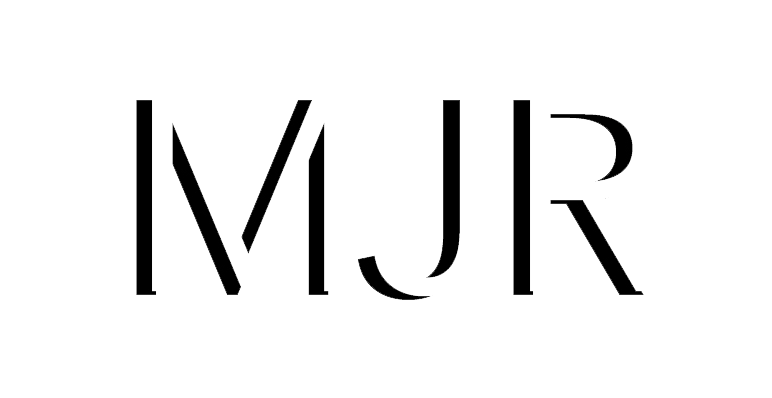“What I would call the third natural method is to leave every flower in place and to scrutinize it there just as it is, according to era and form, from the root to the crown. The most humble genius hates ranking and comparison, and would rather rank first in the village than second behind Caesar. Lichen, moss, fern and the richest spice plant: each flourishes in its own position in the divine order.” (emphasis mine)
—Johann Gottfried Herder (1797)
Herder here is talking about poetry.
The above quote is taken from the essay Results of a Comparison of Different Peoples’ Poetry in Ancient and Modern Times (for the full text of this short work, click here). In his day poetry was judged against either ancient Greek/Roman or 18th-century French models. However Herder argues that, as cultural products, poetry is created by human beings existing in unique contexts, and therefore reflects those particularities: “Poetry is a Proteus among the peoples.” Therefore the art’s forms, genres, and types will differ from nation to nation, language to language, and history to history.
Claude Monet c.1873 "Poppy Field near Argenteuill" For some reason I feel impelled to yell "Watch out for bees!"
But how is one to make sense of this all this confusing, won't-stand-still, lost-in-translation difference?
Herder would argue (and modern cognitive scientists would agree with him) that our natural mode of evaluation tends to stack the deck in our favor, ensuring that our own interests come out on top. “Everybody assesses and ranks poets according to his favorite notions, according to the fashion in which he got to know them, according to the impression that one or another has made on him.” The trouble begins when mere personal preferences turn into totalizing value judgements that build institutional and cultural hierarchies that perpetuate “the classics” at the expense of “the little people”.
What can we do to avoid this poetic confirmation bias? Here are my thoughts on what Herder (with a little help from George MacDonald and J.R.R. Tolkien) brings to the table.
1. Leave every flower in its place
Perhaps we should not be so fast to uproot our favorite flowers and build institutional, hierarchical canons around them. Perhaps we should not be so hasty to pull up what we consider weeds for the upkeep of those systems. Perhaps we should allow for some breathing room that focuses more on savoring and less on judgement. In The Princess and the Goblin George MacDonald explains that upon finding a primrose blossom Princess Irene “would clap her hands with gladness, and unlike some children I know, instead of pulling it, would touch it as tenderly as if it had been a new baby, and, having made its acquaintance, would leave it as happy as she found it... She would go down on her hands and knees beside one and say: ‘Good morning! Are you all smelling very sweet this morning? Good-bye!’ and then she would to to another... There were many flowers up and down, and she loved them all, but the primroses were her favourites.”
2. Scrutinize it just where it is
Analysis should always attempt to be emic, that is, from the point of view of the subject, rather than an etic approach that applies outside, objective standards. This requires much more effort on our parts; in some cases learning a new language, extensive background reading, or living in a foreign country are required before we can begin to understand our subject. (The metaphor of marriage or a different, close relationship would come in handy right here.) Some might say that Herder is here an “isolationist” who would have us view each flower in a vacuum. I would say that this emic effort, rather than tossing out interconnectivity, gives us the time and space to come as close as possible to understanding something before we draw any comparisons or conclusions.
3. Each flourishes in its own position in the divine order
What would it be like if a divine order, a Creator, had made all the world including us humans? What if this Creator looked upon his creation with grace and patience, declaring that “he makes his sun rise on the evil and on the good, and sends rain on the righteous and on the unrighteous” (according to Herder’s context of European Christianity)? How might that leveling, egalitarian idea change the way we wield our power of human order upon our own sub-creations (to use a term of Tolkien’s from On Fairy Stories)? Perhaps we would feel less pressure to so blind-sightedly uphold our personal canons. Perhaps we would feel less of a need to keep the unknown at arm’s length. By all means we should study, do research, be critical, make judgements, argue passionately for what we believe in. But the concept of a divine order simply reminds us of our own mortal limitations, of our need for humility in the midst of zealousness, and of our ability to both use and misuse our powers.
Rackham, Peter Pan in Kensington Gardens (1906)
Lastly, Herder is not just talking about poetry.
He is talking about humanity (Humanität). For him poetry’s use of language makes manifest the very souls of a people. In the end Herder’s ideas translate into a worldview of patience, grace, and empathy.
Sources:
MacDonald, George. The Princess and the Goblin. London: Puffin, 2011.
Tolkien, J.R.R. "On Fairy Stories" in The Tolkien Reader. New York: Ballantine Books, 1966.



